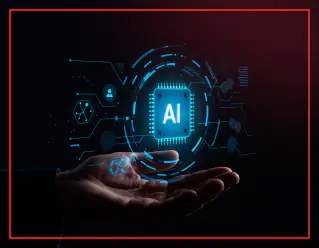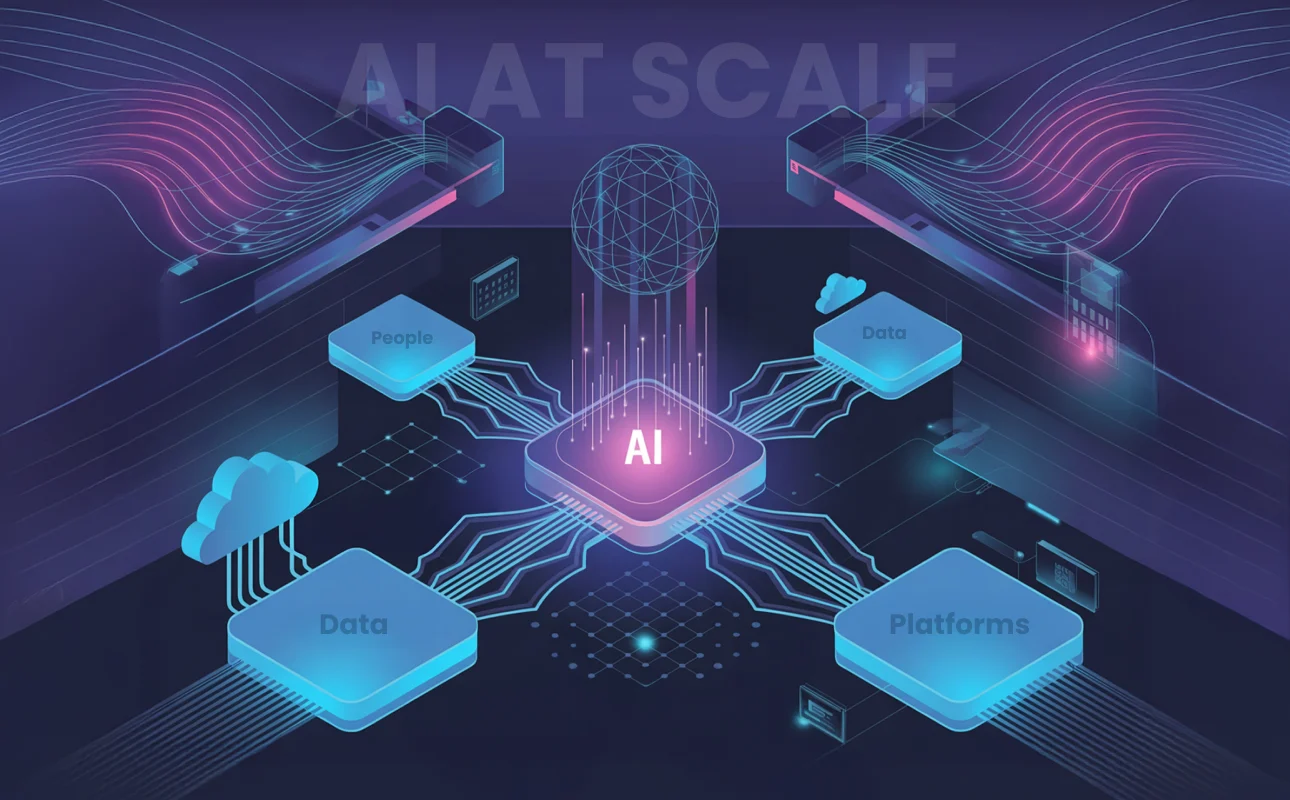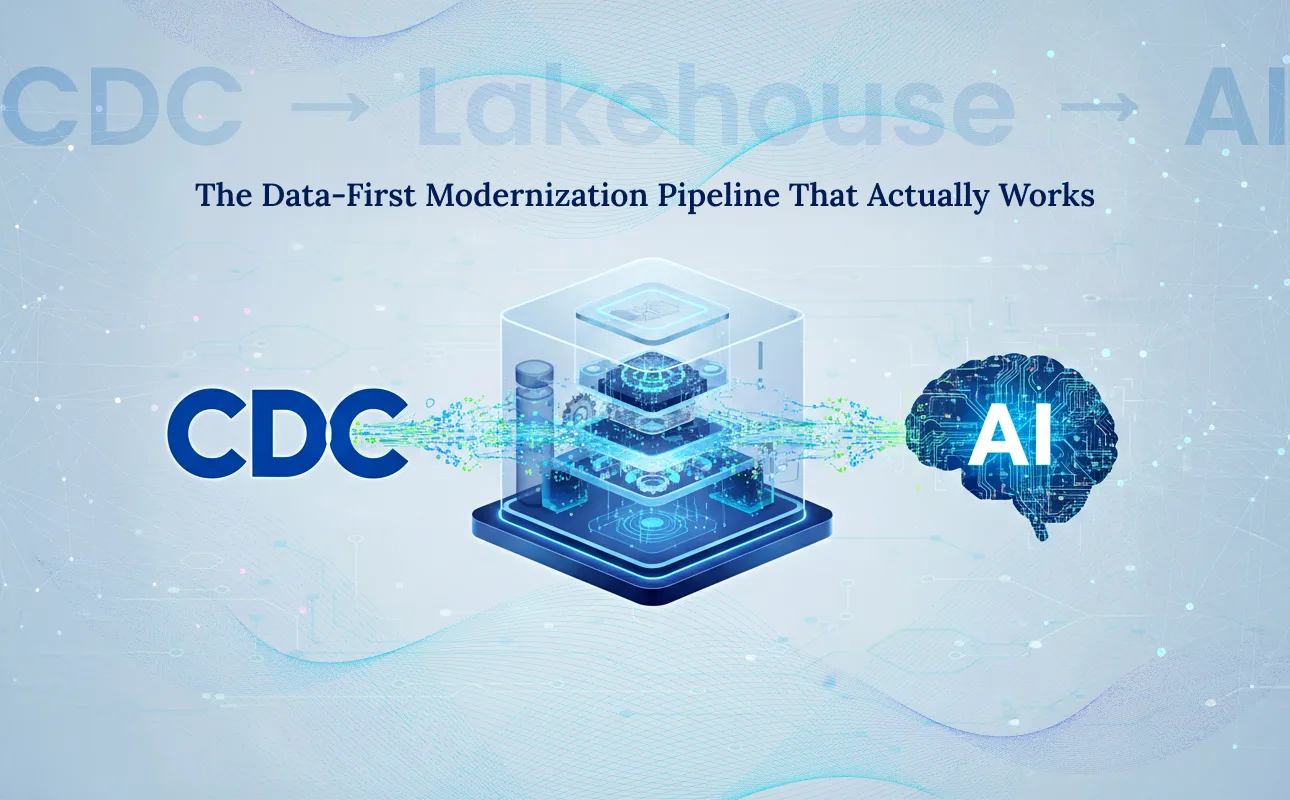The word ‘Innovation’ often refers to one important element of success: the ability to learn, change, and improvise. The technology term called artificial intelligence doesn’t just appear out of thin air. Neither do the game-changing applications that promise personalization, automation, or predictions that blow minds and boost revenues. Behind every AI success story is a highly skilled machine learning engineer or artificial intelligence developer who turns potential into performance.
The problem? Finding the correct one is not as easy as marking skills on a checklist.
Hiring AI and ML engineers can feel, quite rightly, like entering a black box. You know your company requires predictive insights, intelligent decision-making, or automation. You’ve probably already heard the buzzwords—neural networks, natural language processing, computer vision—but how do you translate that into something real? Something that works? Something that aligns with your business goals?
We’re unpacking everything you need to know—from understanding the real-world business challenges that demand AI to identifying and hiring the right talent that can carry your idea from whiteboard concept to full-scale deployment.






